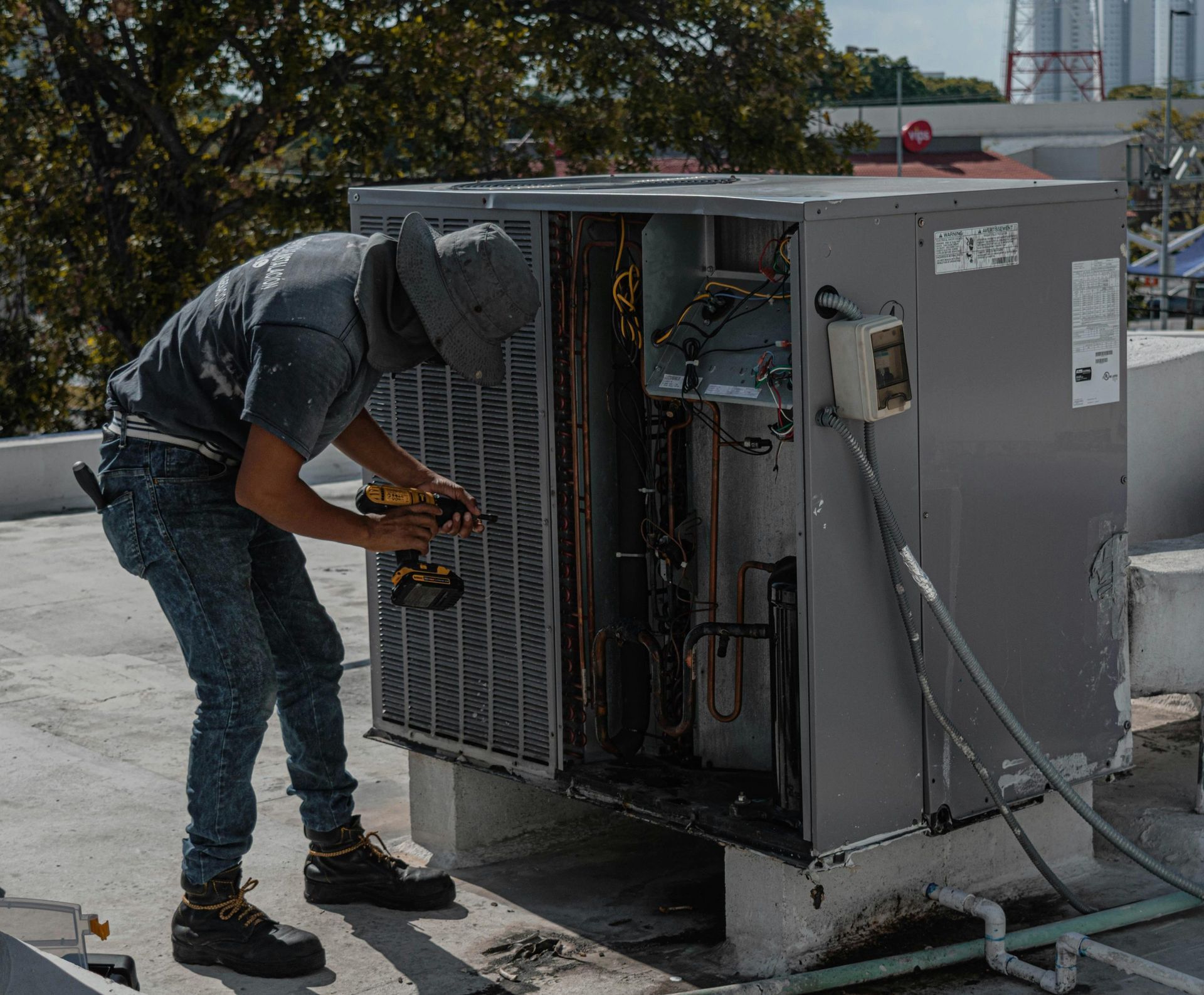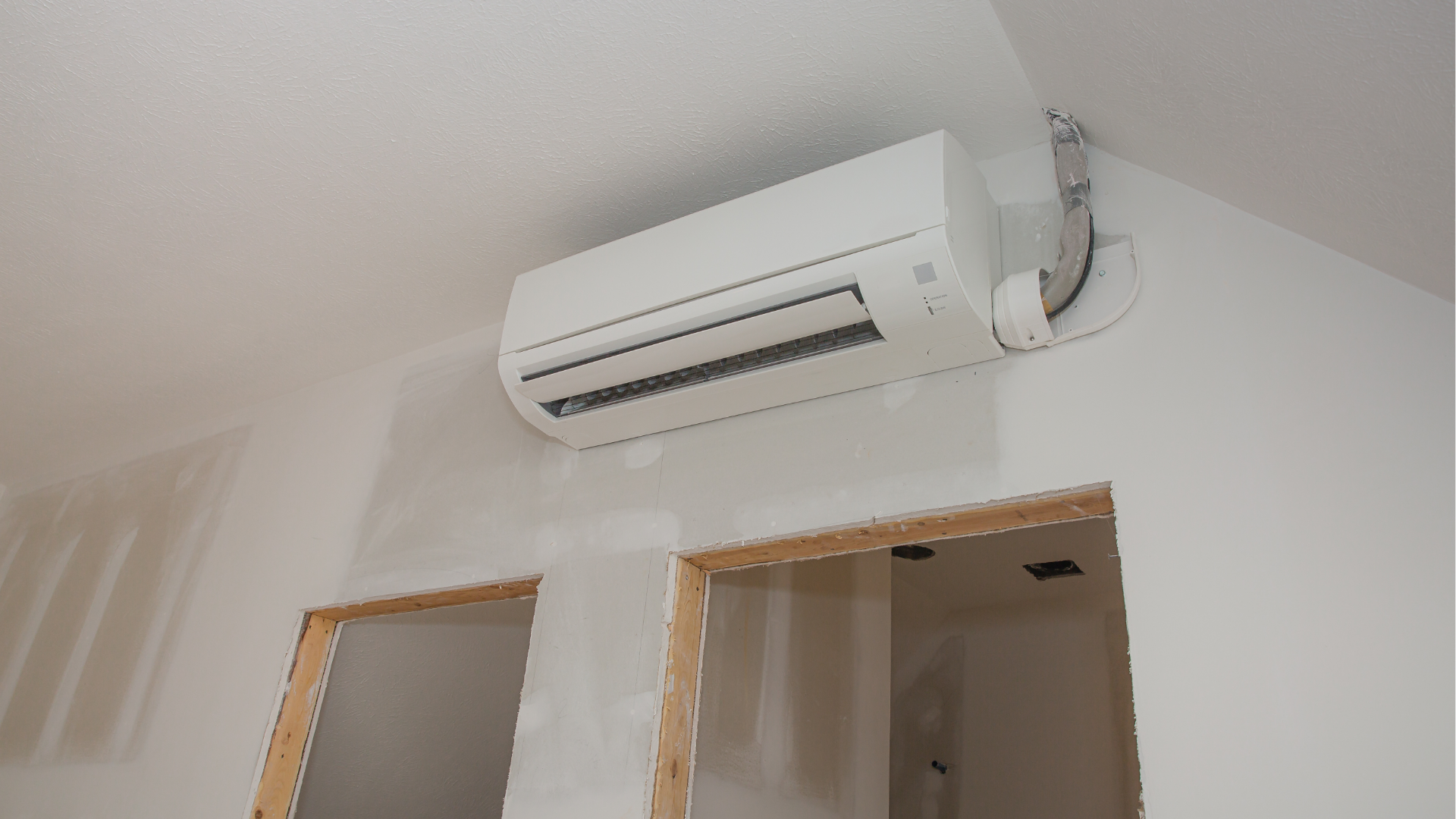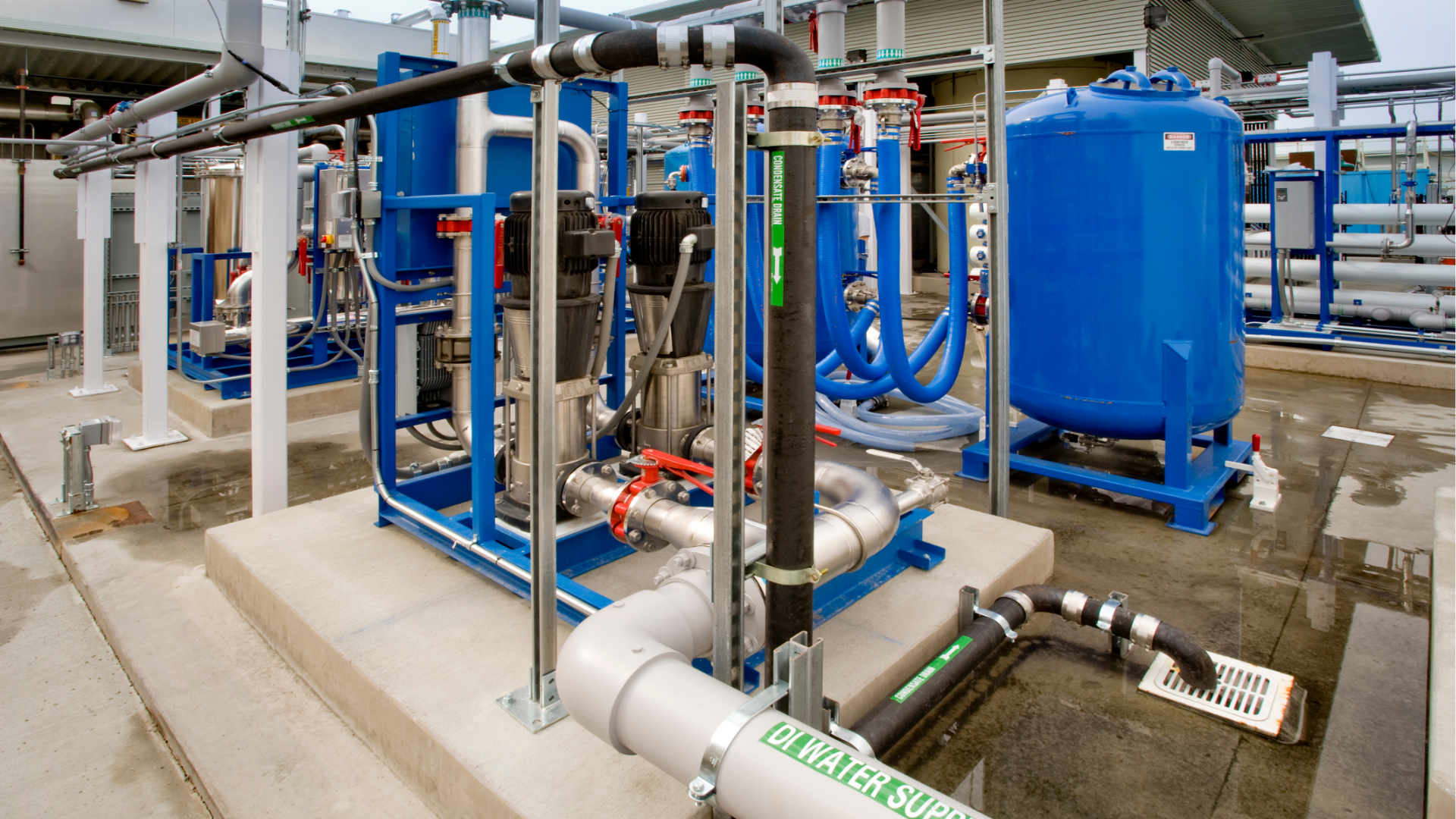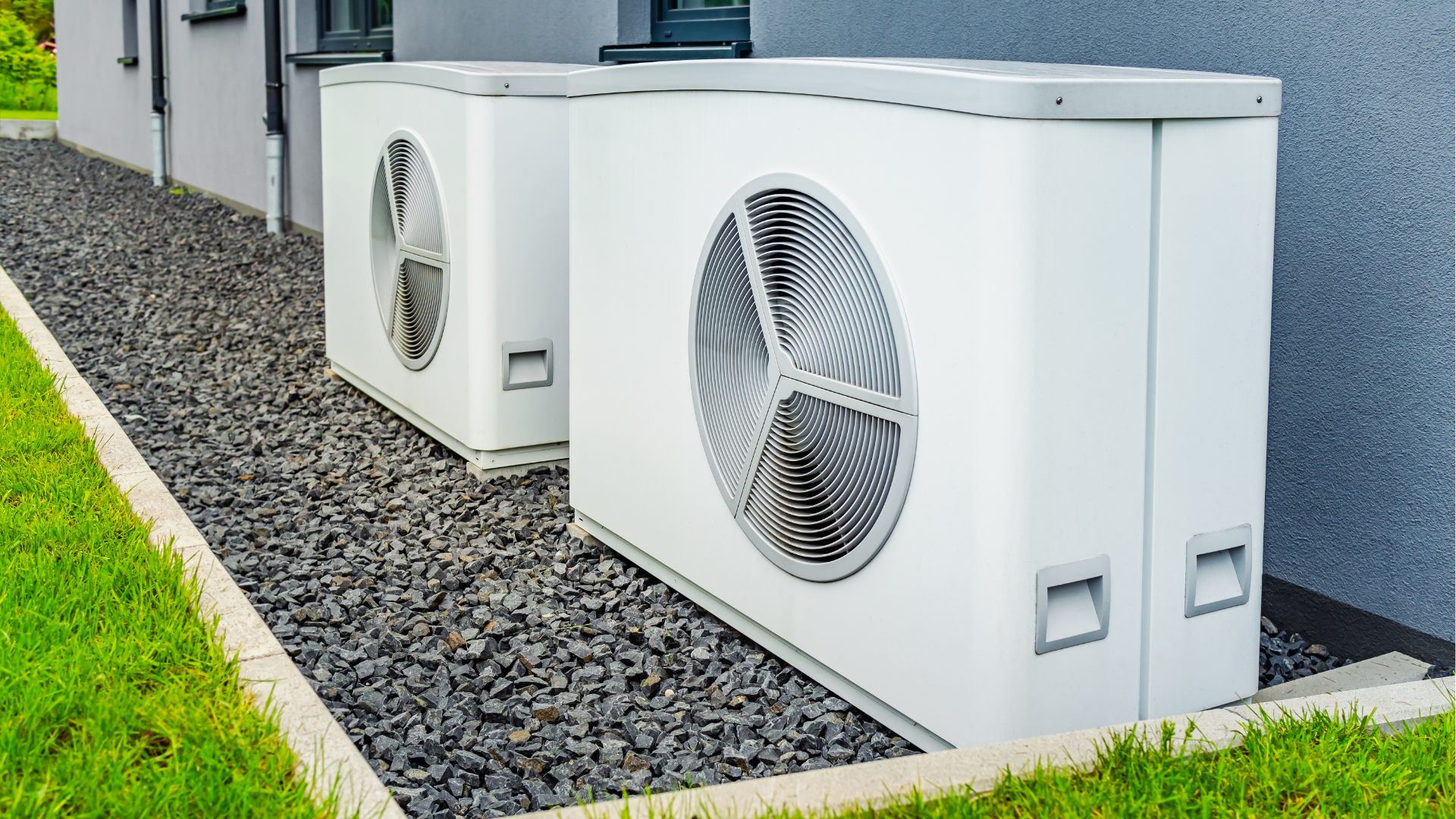A Comprehensive Guide to HVAC System Installation for Homeowners
A Comprehensive Guide to HVAC System Installation for Homeowners
As a homeowner, investing in a new HVAC system installation can significantly impact your home’s comfort and energy efficiency. Properly installing an HVAC system is essential for maximizing its performance, longevity, and cost-effectiveness. With so many factors to consider, navigating the world of HVAC system installation can seem daunting. That’s why we’ve prepared this comprehensive guide to help you understand the crucial steps, best practices, and professional guidance necessary to ensure a successful installation process.
We will explain the importance of proper HVAC system sizing, ductwork design, and energy efficiency. We’ll also discuss the benefits of working with professional technicians to guarantee that your HVAC system installation meets industry standards for safety and performance. By mastering the basics of HVAC system installation, you’ll be better prepared to make informed decisions about the right solution for your home and ultimately enjoy the optimal comfort and efficiency that a well-installed HVAC system can provide.
1. The Significance of Proper HVAC System Sizing
When it comes to installing a new HVAC system, proper sizing should be a top priority. An HVAC system that is too large or too small for your home will not provide consistent comfort, and may lead to higher energy bills and reduced equipment lifespan. Here’s why proper system sizing is crucial:
– Enhanced energy efficiency: A well-sized HVAC system will efficiently maintain your desired indoor temperature without wasting energy or causing temperature fluctuations.
– Increased system lifespan: An appropriately sized system will experience less strain, which translates to less wear and tear on components, and ultimately a longer lifespan.
– Improved indoor air quality : A correctly sized HVAC system can better regulate humidity levels, leading to improved indoor air quality and a healthier living environment.
Working with our professionals ensures that your HVAC system is accurately sized for your home, taking into account factors such as square footage, insulation levels, and your region’s climate.
2. Optimizing Ductwork Design for Maximum Efficiency
The design and installation of your ductwork play a critical role in your HVAC system’s overall performance. Factors to consider when evaluating your ductwork include:
– Proper sealing: Leaky ducts can lead to significant energy waste as heated or cooled air escapes before reaching the living spaces. Our technicians will ensure that your ductwork is appropriately sealed for maximum efficiency.
– Balanced airflow: Properly balanced ductwork allows for even air distribution throughout the home, resulting in consistent comfort levels in all rooms.
– Adequate insulation: Insulating your ductwork can help prevent heat loss and ensure that the conditioned air remains at the desired temperature as it travels to different areas of your home.
Enlisting the help of our professionals guarantees that your ductwork is designed and installed for maximum efficiency and the optimal performance of your HVAC system.
3. The Importance of Energy Efficiency in HVAC System Installation
Selecting an energy-efficient HVAC system can lead to significant long-term savings on your energy bills while reducing your environmental footprint. Here are several factors to consider when evaluating the energy efficiency of potential HVAC systems:
– SEER rating: The Seasonal Energy Efficiency Ratio (SEER) measures the cooling efficiency of an air conditioning unit. Higher SEER ratings indicate a more energy-efficient system.
– AFUE rating: The Annual Fuel Utilization Efficiency (AFUE) rating measures the efficiency of furnaces by comparing how much fuel is converted to heat versus how much is wasted. The higher the AFUE rating, the more energy-efficient the furnace.
– ENERGY STAR certification: HVAC systems that have earned the ENERGY STAR label meet strict efficiency guidelines set by the U.S. Environmental Protection Agency, ensuring that they provide top-notch energy-saving performance.
Our team is here to help you navigate the various efficiency ratings and certifications to find an HVAC system that meets your home’s needs and aligns with your energy-saving goals.
4. Collaborating with Professional Technicians for Your HVAC System Installation
Working with our experienced technicians not only ensures an accurate and efficient installation but also provides numerous benefits, including:
– Expert guidance: Our professionals can help you select the right system for your home, considering factors like proper sizing, energy efficiency, and your personal comfort preferences.
– Correct installation: A properly installed HVAC system lays the foundation for optimal performance, longevity, and energy savings. Our technicians will adhere to industry standards and best practices, ensuring a successful installation process.
– Warranties and guarantees: Many HVAC manufacturers require professional installation to maintain warranty coverage. By enlisting our expert technicians, you can have peace of mind knowing your investment is protected.
Conclusion: Expert Assistance for a Seamless HVAC System Installation Process
Navigating the complexities of HVAC system installation can be challenging, but understanding the critical steps and working with our team of professionals can make the process significantly smoother. With our guidance, you’ll optimize your home’s comfort, efficiency, and overall performance, paving the way for lasting satisfaction.
For expert assistance with your HVAC system installation needs, trust our professionals at Royal Class Service. We’re committed to ensuring you enjoy the many benefits of a properly installed HVAC system. Contact us today to learn more about how we can make your HVAC system installation a breeze.
Recent Posts





